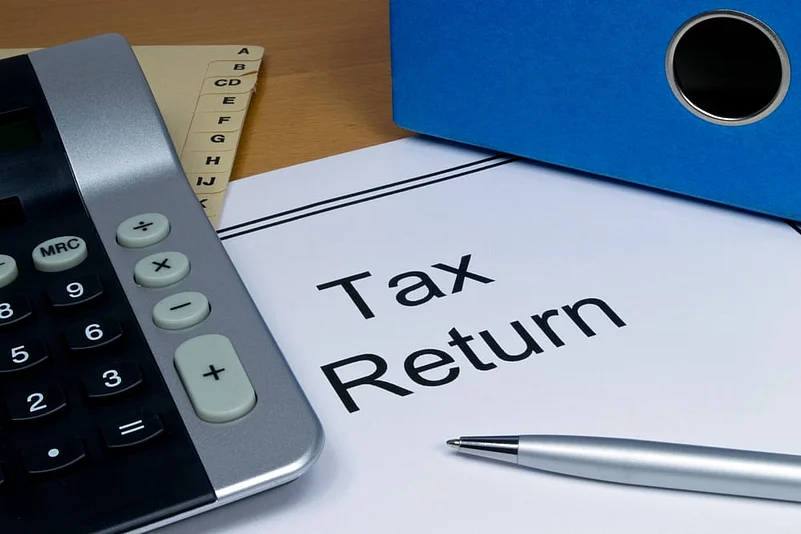House Rent Allowance (HRA) is a crucial tax benefit for salaried individuals who rent their accommodations, focusing on exemptions under section 10(13A) of the Income Tax Act, 1961. The financial year 2023-24 introduced significant changes aligned with the Budget 2023, effective from April 1, 2023, which streamlines exemptions under the new default regime and impacts tax optimization strategies.
HRA Benefits and Tax Changes
House Rent Allowance (HRA) is an allowance (part of CTC) given by your employer to help you cover the cost of living in a rented accommodation. It is governed under section 10(13A) of the Income Tax Act, 1961, allowing for a deduction from taxable income based on specified criteria.
If you accidentally chose the new tax regime during your investment declaration in April then your taxes would have been calculated without including exemptions like HRA and section 80C deductions as you can still claim HRA benefits by filing your taxes before July 31.
The tax-exempt HRA is calculated as the lower of:
- 50% (40% for non-metro cities) of your basic salary plus dearness allowance (if applicable)
- Actual HRA received
- Actual rent paid minus 10% of your basic salary and dearness allowance.
No documents are required with your tax return but retain rent receipts and agreements. For rents above Rs 50,000/month, deduct TDS before paying the landlord.
Tax Benefits Without HRA
If you are self-employed or HRA isn't part of your salary structure, you cannot claim HRA exemption under section 10(13A). Instead, you may qualify for relief under the section 80GG. This allows a deduction of up to Rs 5,000 per month, 25% of your total income, or actual rent paid minus 10% of your total income—whichever is lower.
You won't qualify for this deduction if your spouse, minor child, or Hindu Undivided Family (HUF) owns a house in your usual residence.
Rent Payments to Parents
Renting to parents while getting HRA benefits is allowable but the implications for taxes must be considered. The rent you pay is taxable income for your parents, usually at lower rates if they are retired. Make sure you assess the tax implications appropriately ahead of time. Your parents must report this rental income and have suitable paperwork, such as rent receipts and a formal agreement. When claiming HRA benefits, you must provide the landlord's PAN to comply with tax requirements.
In terms of paperwork, being family doesn't mean less paperwork. While not necessary for filing taxes, it's a good idea to keep a stamped rental agreement, rent receipts, and transaction records in case of future audits.
Considerations for Renting with Parents in Rented Accommodation
If your parents rent the house and you reside with them getting an HRA exemption might be difficult owing to potential sub-letting limitations. Consider renting directly from the landlord to simplify the situation and avoid tax and administrative complexity. This strategy provides clarity when claiming HRA benefits and reduces the possibility of problems with the Income Tax agency.













